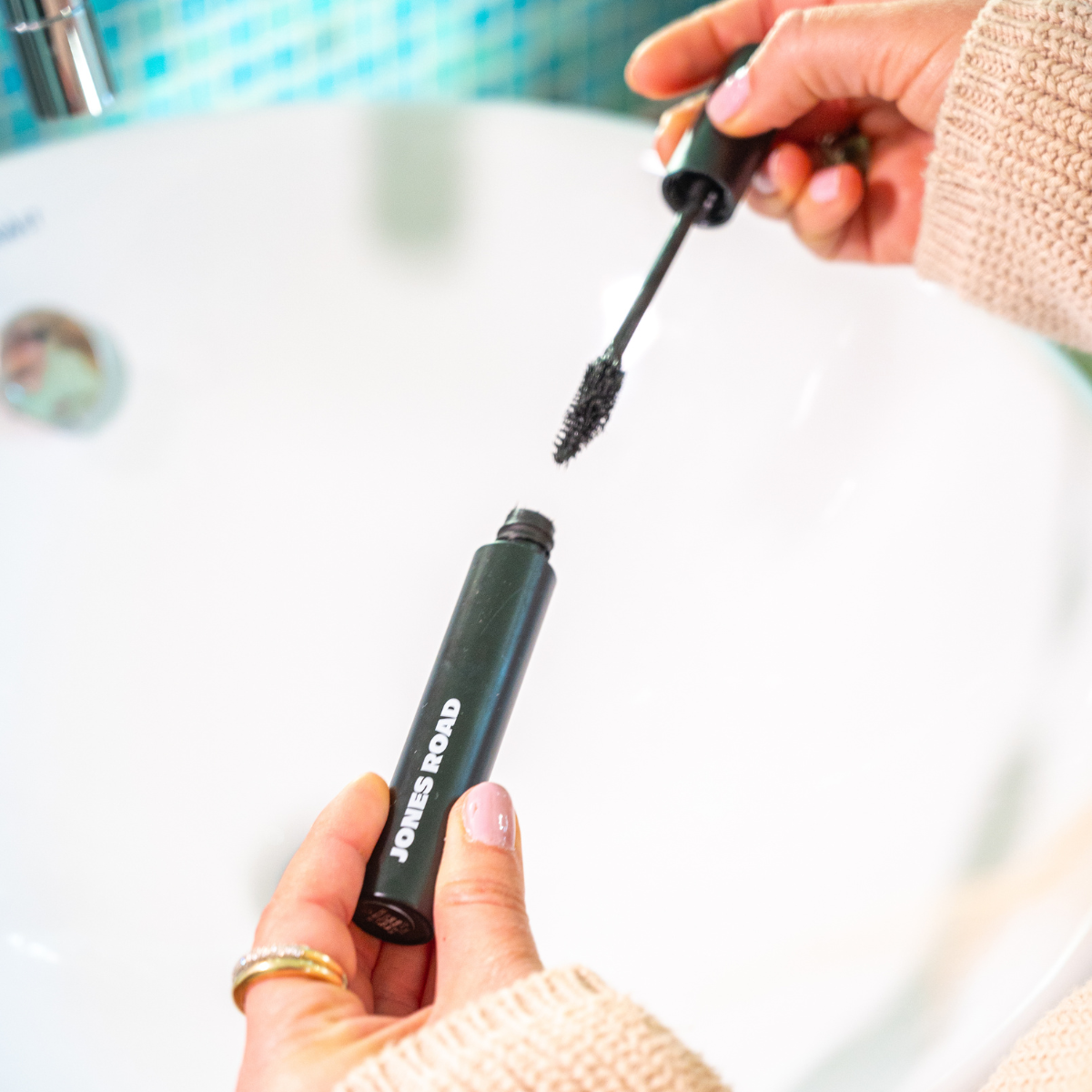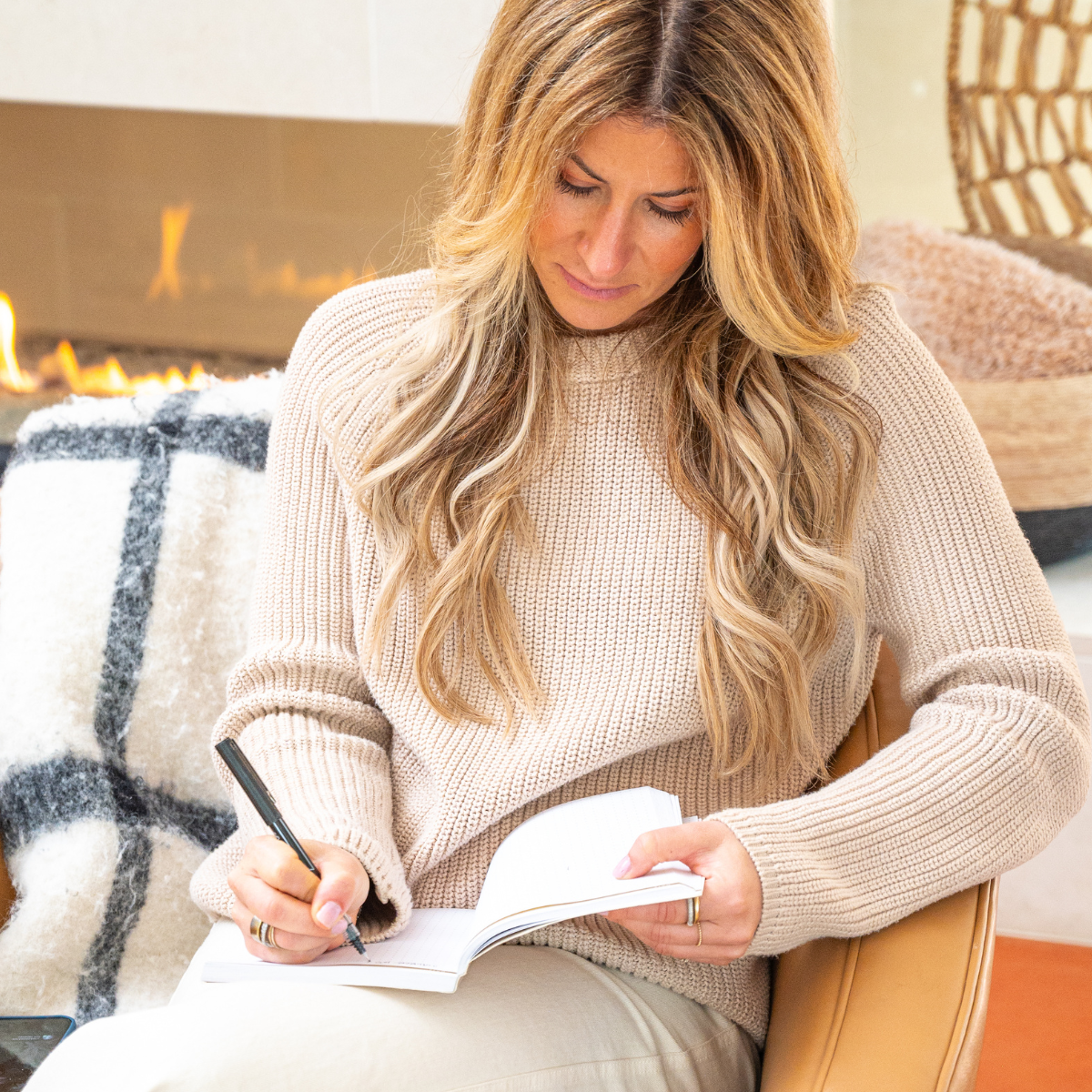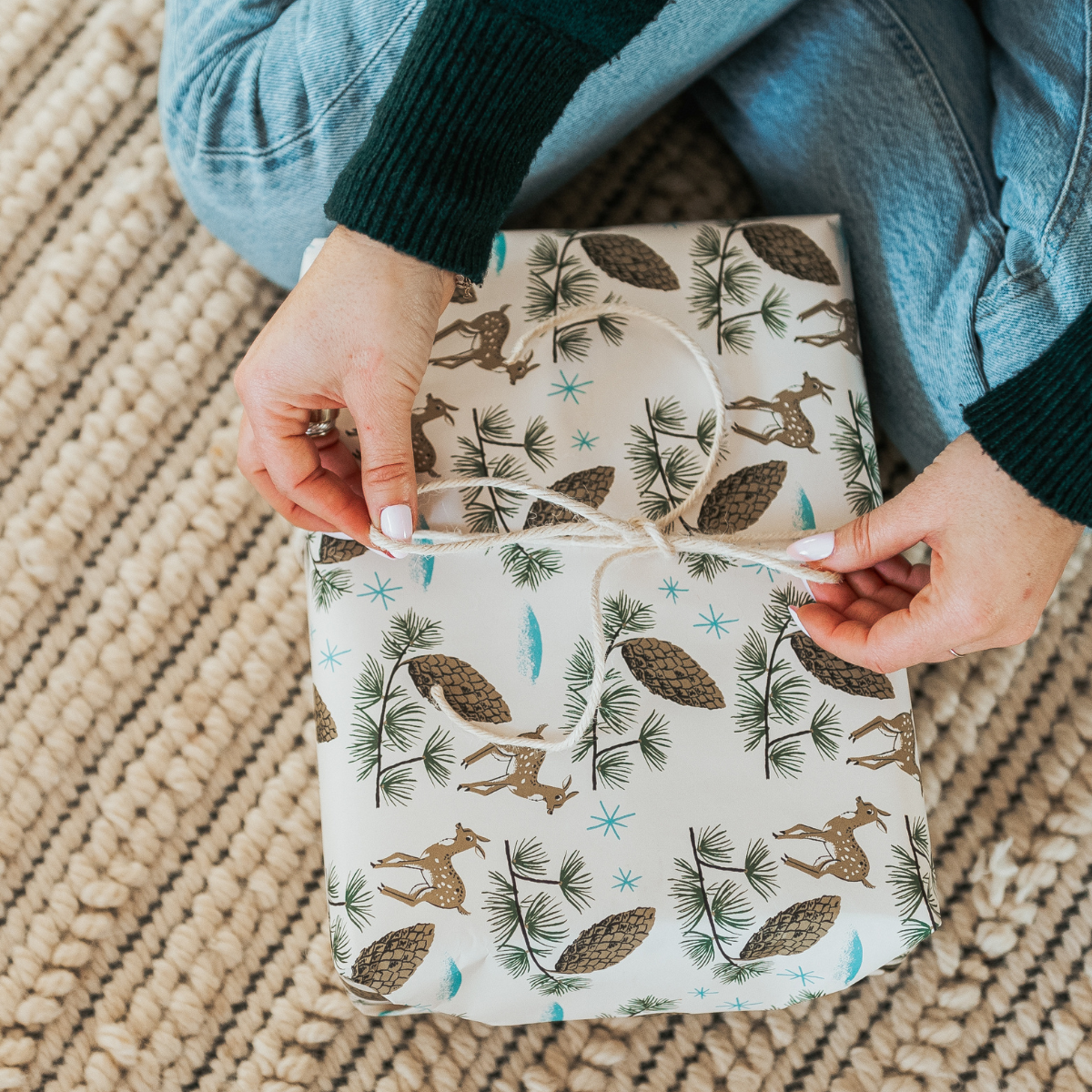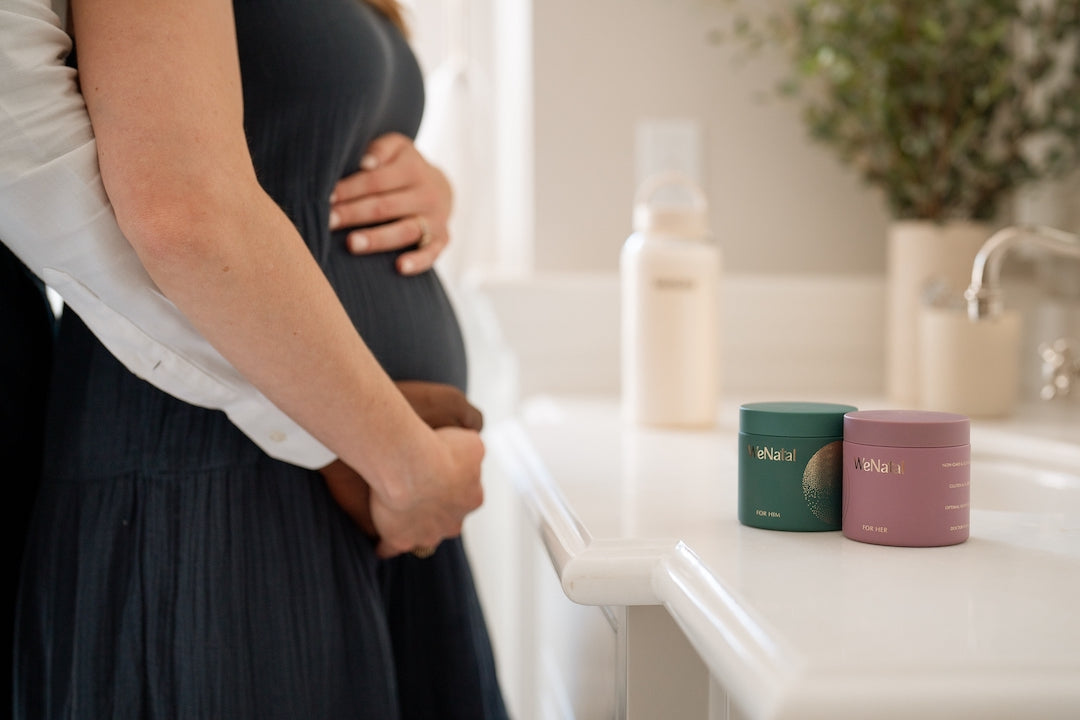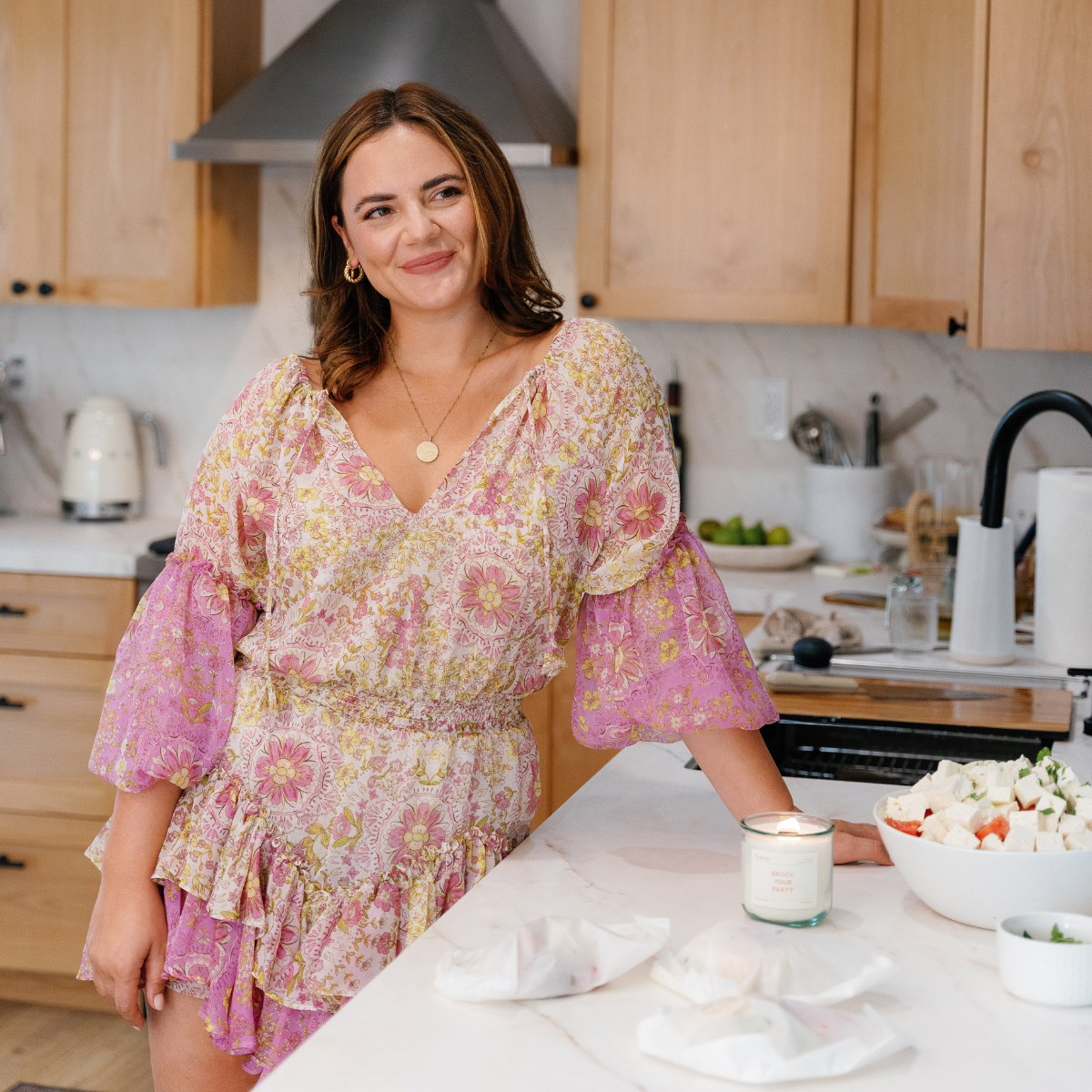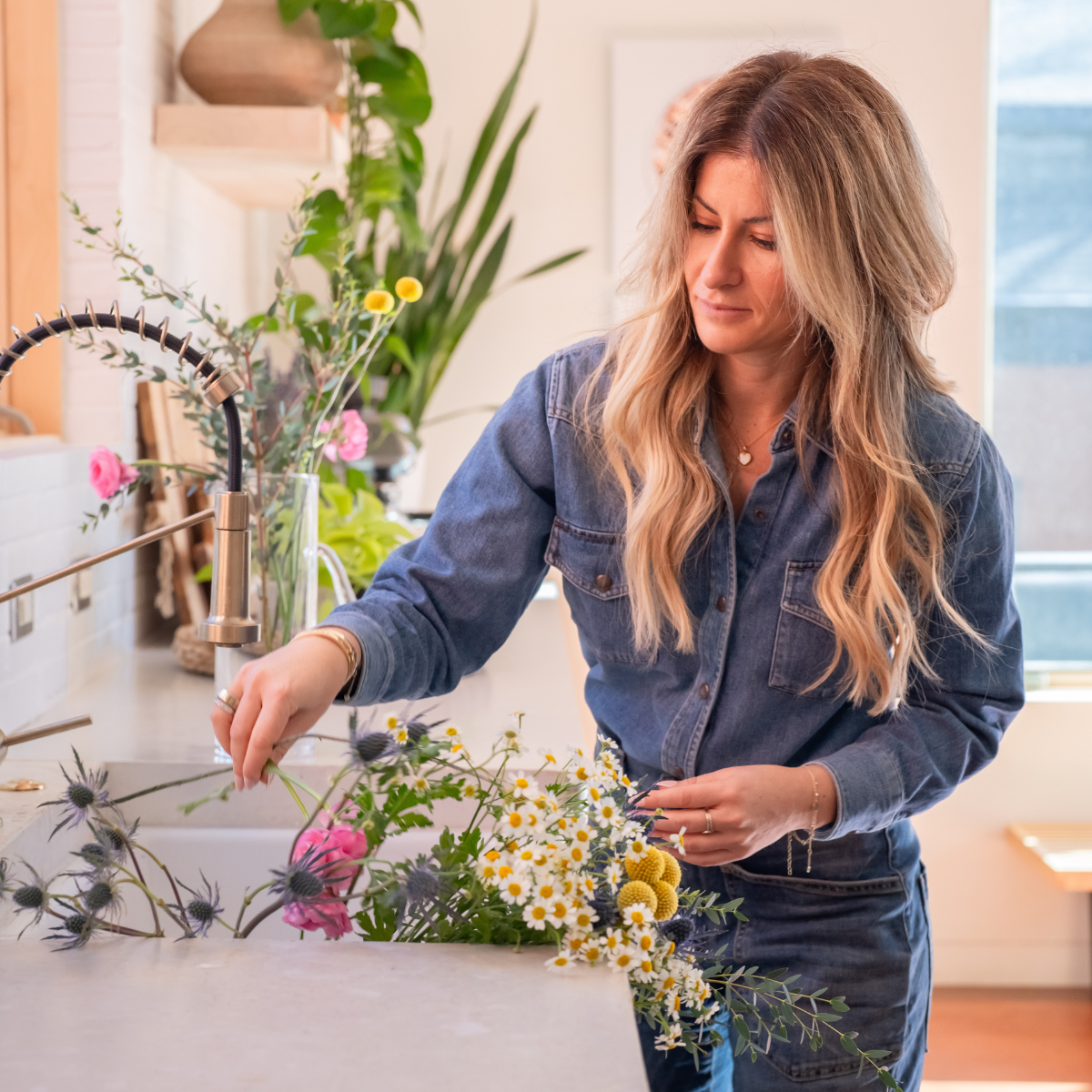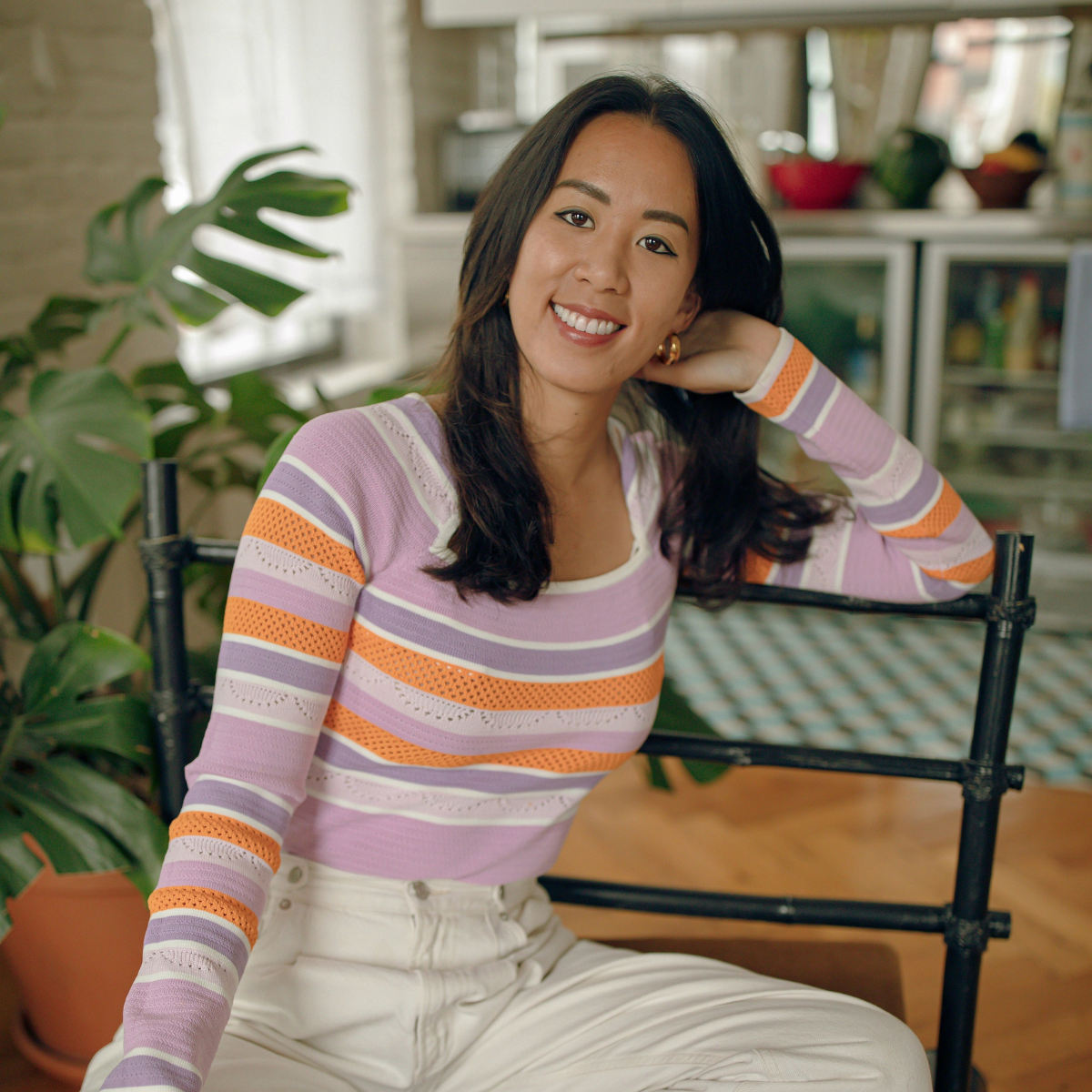Join Elizabeth in this week's episode as she chats with Sarah Larson Levey, the CEO and Founder of Y7, a popular New York-based yoga studio with a devoted following on social media and in-person. Y7 is known for its unique combination of traditional yoga poses set to hip hop music, in a setting that features heat, candlelit rooms, and no mirrors. Sarah shares her personal journey, from being a fashion executive in New York to becoming a registered yoga instructor, health coach, and successful entrepreneur. She talks about the inspiration behind co-founding Y7 with her husband in 2013, driven by her own search for a yoga class she truly enjoyed, and how she aims to inspire others to prioritize their growth over their appearance. Sarah also discusses the benefits of daily movement for all ages and athletic levels, the inclusivity of Y7, and her insights on building a successful lifestyle brand.
Podcast
Building a Brand and Breaking Barriers in Yoga
with Sarah Larson Levey

You may also like
Mix & Match




